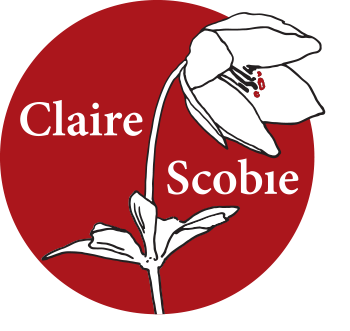22 Aug How to hook your reader from the first line
Whether it’s an article or your first chapter, you need to make your first lines work hard. They must hook the reader, wind them in, convince them to read on.
 They need to set up your story. They usually establish point of view; they often introduce the voice and in some books, they provide the spine of the narrative.
They need to set up your story. They usually establish point of view; they often introduce the voice and in some books, they provide the spine of the narrative.
Don’t worry if your first line doesn’t come first. Often you might write a fair amount before you know where to start.
Some writers can’t work like this. Journalist Richard Guilliart recently described how he’s ‘paralysed if he can’t get the setup.’
There is no set formula. But the following techniques are tried and tested.
- Make the first line visual, an image-picture, something the reader can see in their mind’s eye.
- Hint at a deeper problem or introduce a mystery. Get the reader wanting to know the WHY of the story.
- Straight away there is dynamism on the page.
- If we don’t know the why but we want to know we will read on.
- It doesn’t need to belly-aching LOL, it can be wry or ironic.
- A quote or an opinionated statement, a fact or a surprising statistic.
- In media res – in the middle of the action.
Avoid making your first line too long. Too many images and clauses can be confusing. Simple is often effective.
When I did a random search through some travel memoirs and novels, I found that many of the first lines set up the entire book. Mine does in Last Seen in Lhasa – although I didn’t realise that at the time: ‘I don’t know how I know Ani as I do.’
Here’s a list of first lines – how do you respond to them?
‘No one else seemed concerned when our plane took a nosedive.’ Undress Me in the Temple of Heaven by Susan Jane Gilman.
‘I shall never forget the four photographs.’ A Journey in Ladakh by Andrew Harvey.
‘In the day’s last light the glowing lake below the palace-city looked like a sea of molten gold.’ The Enchantress of Florence by Salman Rushdie
‘The last time I saw Laurent Jammet, he was in Scott’s store with a dead wolf over his shoulder.’ The Tenderness of Wolves by Stef Penney
‘The Alexander, with its cargo of convicts, had bucked over the face of the ocean for the better part of the year.’ The Secret River by Kate Grenville
‘January. The year began with lunch.’ A Year in Provence by Peter Mayle.
